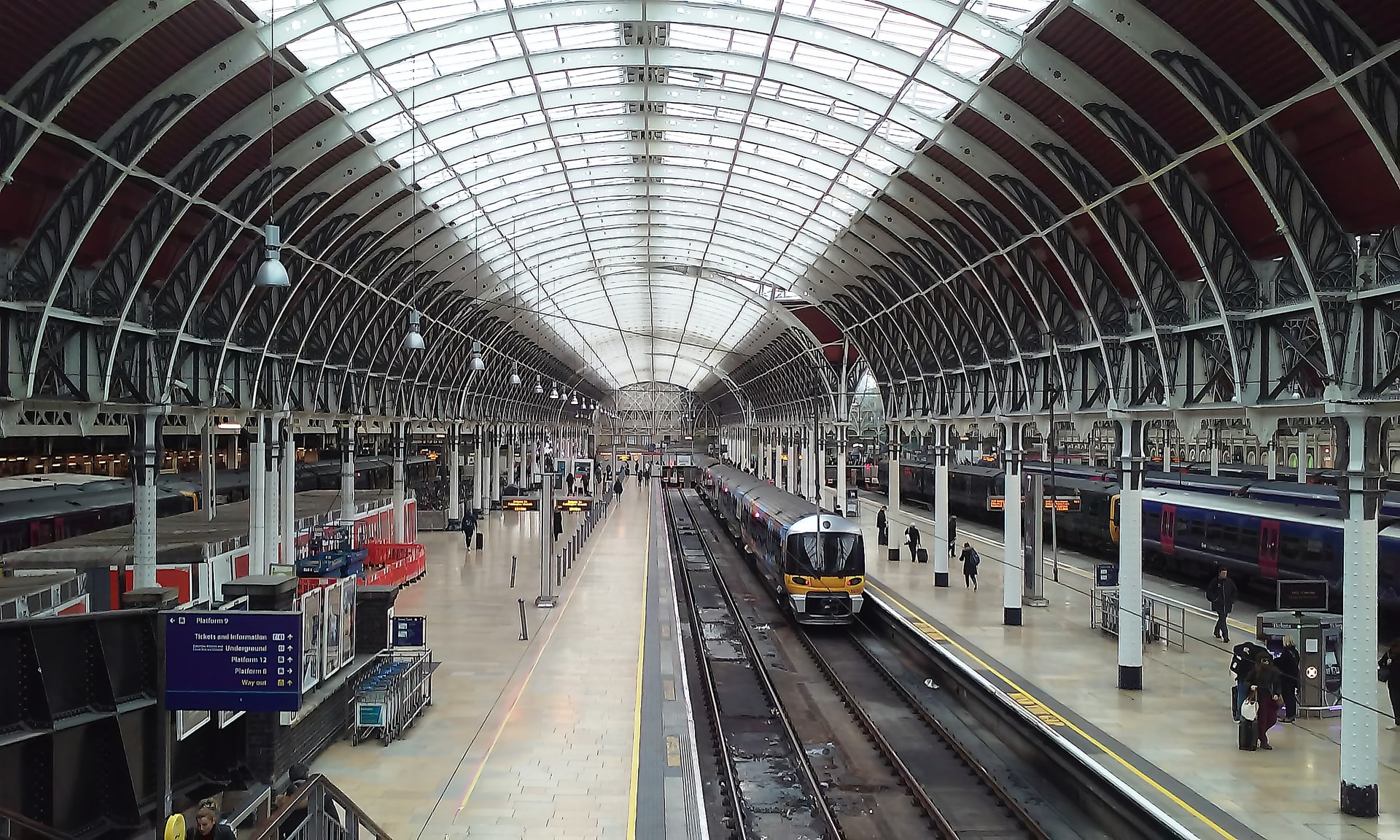LONDON (Parliament Politics Magazine) – Train services are expected to be reduced across England, Scotland, and Wales as a result of the largest rail strike in 30 years.
Last-minute negotiations between rail bosses and unions are expected to continue on Monday, ahead of planned strikes on most main lines on Tuesday, Thursday, and Saturday.
On non-strike days, there will be some disruption owing to a lack of workers.
Network Rail advised that the passengers should only travel by train if absolutely necessary.
On Tuesday, there will be a strike on the London Underground, with Transport for London urging passengers to cycle or walk instead.
On Friday, a special train schedule for the 20th to 26th of June was released.
While two rounds of discussions are scheduled for Monday morning, the Rail Maritime and Transport Workers (RMT) union has stated that if members do not reach an agreement, it will “intensify” its strike campaign.
Mick Lynch, the union’s general secretary, said they would run that campaign for as long as it took to reach a resolution, which might be up to six months.
He urged the government to “loosen the shackles” on employers in order to reach an agreement, but Transport Secretary Grant Shapps said talks should take place between employers and unions.
It’s pointless to give false hope
Despite the planned negotiations, Treasury Minister Simon Clarke cautioned that industrial action was likely to take place.
He told BBC Breakfast that it was pointless to spread false optimism that it was possible to avoid the strikes, and that it was essential to be realistic about the negotiations’ difficulty.
Mr Clarke also ruled out the government ministers’ involvement in the talks, stating that the railway must “financially sustain itself.”
The absence of the administration from the bargaining table, Labour claimed, was “hobbling” talks.
Without them there, it was hard for them to find a path ahead, so it was inevitable that industrial action would follow, said Shadow Transport Secretary Louise Haigh on BBC Radio 4’s Today programme.
The last trains between many major cities are due to depart in the afternoon, according to Network Rail, before over 40,000 rail workers walk out on Tuesday over pay, job cuts and conditions.
The limited schedule will be in effect until Sunday, with only 20% of regular services operating on strike days.
Trains that do run will begin and end much later than usual – between 07:30 and 18:30 – than typical.
On the roads, there will be knock-on effects, with motorists being cautioned to expect a rise in traffic.
Drivers in Wales and Scotland should expect long waits because most railway routes will be stopped, according to the AA.
The M74, M8, and A9 in Scotland, as well as the M4, A55, A5, and A483 in Wales, may witness heavy traffic, according to the report.
According to the RAC, main city routes and those serving the home counties are anticipated to see the most traffic volume rises.
A number of activities will be impacted by the strikes, including school examinations and the first Glastonbury Festival in three years.
The RMT is dissatisfied with stagnant pay and potential job cuts, and discussions between Network Rail and the Union, which maintains tracks and operates larger stations, have so far failed to reach an agreement.
Mr Shapps slammed the RMT’s appeal for ministerial intervention as a “stunt,” claiming that union bosses were “gunning for” industrial action.
Thirteen trade union leaders and the Trade Unions Congress (TUC) have written to Mr Shapps, encouraging him to assist in the delivery of a fair resolution. The government has also been urged to intervene by the Labour Party.
TUC general secretary Frances O’Grady said strike action was not taken lightly, but that train workers had no other choice.
Many rail workers who would be severely hurt, such as cleaners and caterers, receive low and average wages. Asking them to take yet another real-terms pay cut while rail companies made £500 million in profits during the pandemic was rather insulting, she said.
Rail Delivery Group head Steve Montgomery, on the other hand, said rail executives were attempting to cooperate with unions on “how to carry out modernisation and reform of the industry” amidst the falling number of passengers.
Ultimately, they wanted to give their people pay raises but they needed to get on with reform first, which would allow them to deliver the next wave of pay raises, they said.






